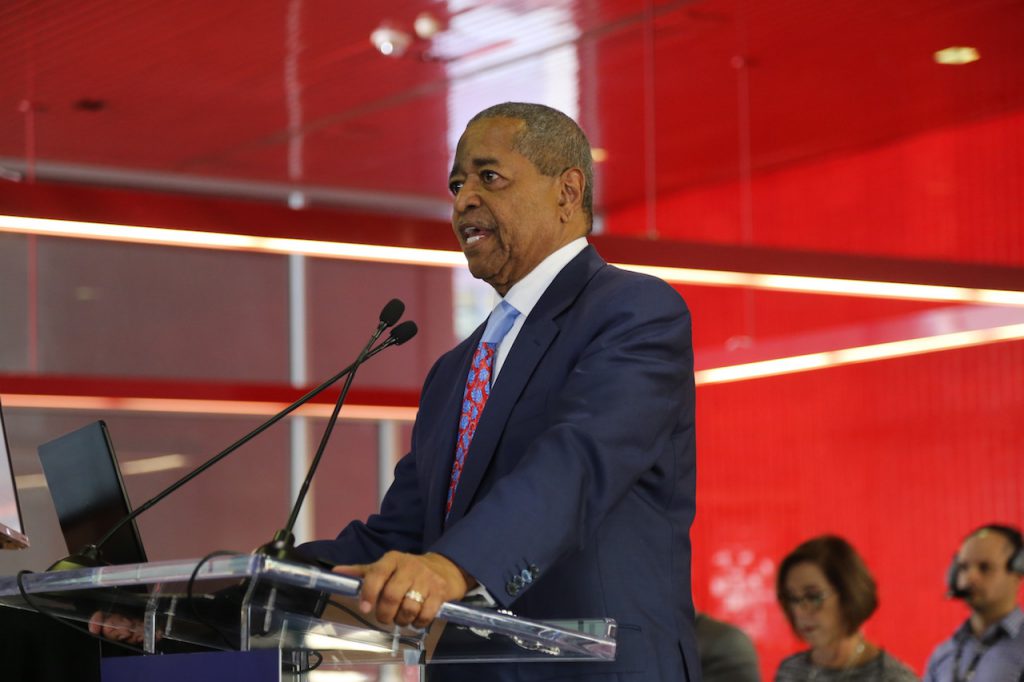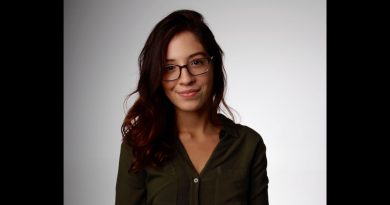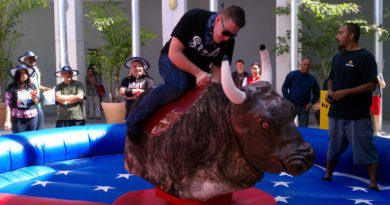Board Of Trustees Extends Presidential Search, Cites Coronavirus As Reason
The yearlong saga to find Miami Dade College’s fifth permanent president took another setback Tuesday when the Board of Trustees unanimously voted to extend the deadline for presidential candidates to apply until this fall because of the coronavirus.
Trustee Nicole Washington—who chairs the presidential search committee—received the recommendation from AGB Search, who said outreach has been difficult because hundreds of colleges and universities around the nation have shut down.
“Many of the potential candidates that they’re contacting for executive searches from colleges around the country are declining invitations to apply because they’re obviously busy working on what is ideally COVID-19’s impact on those campuses,” Washington said during the BOT’s monthly meeting, which was live-streamed.
Candidates originally had until March 26 to apply—with late applications accepted after that date—under the BOT’s six-month timeline for the rebooted search, which began in January with plans to instate a president by July.
Washington will present an updated timeline for the search at the April 21 BOT meeting in consultation with AGB Search—the headhunting firm charged with recruiting applicants. The firm was not present at Tuesday’s meeting.
Attendance at the meeting was limited. Only ten members from MDC’s administration were physically present in Room 2106 at Wolfson Campus, after guidelines set by the Centers for Disease Control and Prevention limited attendance to ten people.
Among the College’s contingent in attendance were Interim College President Rolando Montoya, Provost Lenore Rodicio, College Attorney Javier Ley Soto, United Faculty of Miami Dade College President Elizabeth Ramsay and Chief of Staff George Andrews.
Trustees joined the meeting by phoning in from their home or offices. Representatives from AGB Search were not present.
“We’re in an emergency crisis right now,” said Chairman Bernie Navarro.
As of now, upcoming presidential search meetings have been postponed, including the March 26 meeting where the 17-member presidential search committee was expected to select 8-10 semifinalists and interview them on April 23-24.
A month later, the BOT was scheduled to interview and meet with the finalists for on-campus visits from May 13-14.
So far, 20 candidates have applied for the job. They include applicants from academia, business, medical, energy management and engineering backgrounds.
Some candidates have served as college presidents, such as John Frederic Garman and Efrain Vasquez-Vera. From 2001 to 2006, Garman ran Berkeley City College in California, which has just over 6,400 students. The latter formerly served as president of the Humacao Campus at the University of Puerto Rico, which has more than 4,700 students, from 2014 to 2016.
By comparison, Eduardo J. Padrón Campus—Miami Dade College’s smallest campus with 4 acres—has around 6,500 students.
“There were several additional qualified people,” Washington said, in regards to the pool not having many college presidents. “Again, we were expecting applicants in the final days before the deadline.”
Rodicio, whose application was passed along from the initial search after it was scrapped in July, will skip the semifinalist round with the presidential search committee, and move directly into the finalist round with the BOT.
Montoya reassured the BOT on Tuesday that he plans to stay at the College until a replacement for Eduardo J. Padrón is found.
“I will continue serving until the [Board of Trustees] feels comfortable,” Montoya said.
It is unclear how this decision will affect the overall cost of the presidential search. Thus far, the College has paid more than $350,000 in search firm, advertising and lodging fees.
However, what is clear is that the College faced difficulty finding a qualified pool amid the coronavirus crisis.
“Given the situation that is escalating, there was no way we could get what we needed in time,” Washington told The Reporter.




